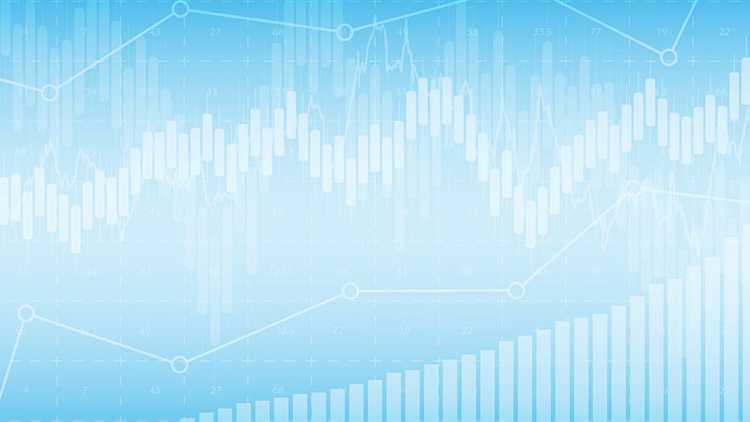What should I review quarterly to stay on top of my finances?


President, MacLeod Agronomics
Fredericton, N.B.
Successful farmers who seize opportunities are those who understand what their balance sheet allows and how far it can flex.
With several seasonal enterprises, I manage net profitability by enterprise, not just full-farm profitability.
My review includes balance sheet strength, purchasing and leverage capacity. This enables me to jump on opportunities, whether for land, other resources or a good deal on equipment. It’s also a good idea to check the status of wealth management investments.
I don’t want to have to run to the bank every time to make the case for bridge financing. Explaining things like your liquidity, harvest projections, sales projections and crop insurance status makes it easier for vendors/lenders to carry you, if needed, until there’s more cash flow.
In my experience, only a minority of farmers fully understand their numbers, but you need to just start. Get a system built, use it and find people who’ll ask you the right questions. It’s not the role of your accountant to ask you what you need to know to understand the health of your business. They can help guide you, but it’s ultimately your job.
Having a solid financial infrastructure and accounting system helps make entering information and generating reports easier. Instituting simple financial policies, like always coding the same expense the same way, makes year-over-year benchmarking possible. Then, you can measure your business against quarterly targets you’ve set based on historical numbers.
If you find yourself with a couple of years’ worth of data to input, it can be overwhelming and easier to put off even longer. Unfortunately, that leads to greater stress, which can snowball. That’s not good for you or your business. You don’t need to be a financial specialist to get it right, but you do need to be financially savvy. Have a plan and some policies and build a team that can help you get the job done.

Saskatchewan farmer and chartered accountant
Englefeld, Sask.
Look at your cash position and monitor your year-end taxable income projection. Cash is king. If you’ve got cash and the opportunity to pay your bills and stay current, you’re likely to be more profitable. A strong cash position also allows opportunities to capture discounts on capital assets, inputs and inventory.
To minimize tax owing, farmers are trying to make the right decisions at the right time regarding profit, purchases, sales and so on. Consider your inventory and when best to move it. Should you take income or push it to the future? What are your accounts receivable? Are you expecting dividend cheques or rebates?
On the other side, look at accounts payable, what’s been paid, plus planned expenses. Also, review your capital purchases. It’s easy to forget what you’ve bought if months have passed.
Review loans. How much have you borrowed, and for what? Is there credit room left? What’s the interest rate and payment amount, and have you made the payments? It’s important to ensure you have enough income, in after-tax dollars, to make those payments.
Monitor personal draws, salaries or personal cash outflows from the operation because anything taken out of a corporation will be taxed personally, so that needs to be managed.
You can also review payments to Canada Pension, RRSPs, RESPs and TFSAs. We tend to contribute to these things when we have cash, but most planners say we should contribute monthly.
More broadly, is your current business structure working or should you be thinking about a change – small or major?
I also follow world situations that can impact my business, plus the Canadian economy and interest rates. I have little control over these, but knowledge can help with lending, investment and grain sale decisions, for example.
Ideally, much of this should be reviewed monthly, but at the very least quarterly to know in advance the actions that should be taken by year end to make taxable income decisions. I use bookkeeping software and a series of spreadsheets, but it’s only helpful if you don’t fall behind, which can happen to the best of us.
From an AgriSuccess article.
